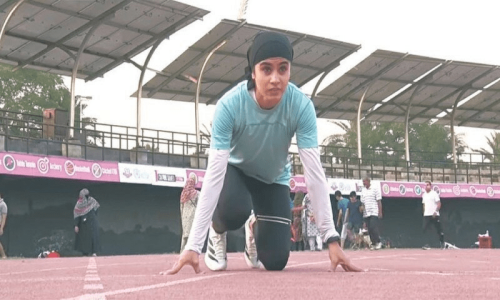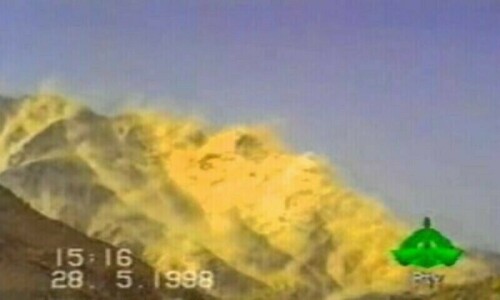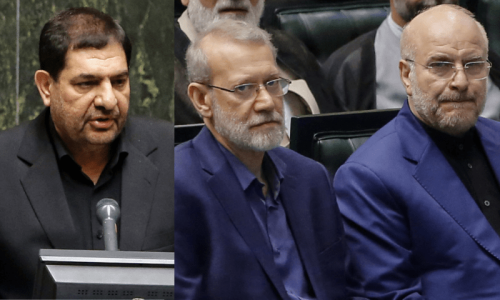AFTER being in the spotlight for a few months, the case of the missing persons no longer occupies a central position.
In fact, the Supreme Court last took up a missing persons’ case in early July when it ordered the constitution of a five-member larger bench for further hearing. Since then, the clamour for the truth behind these disappearances that occurred over the last few years has died down, almost as if some kind of conclusion had been informally arrived at — whereas nothing has emerged in public that can satisfy the calls for an inquiry.
Now Amina Masood Janjua of the Defence of Human Rights has moved the Supreme Court for the formation of a “high-powered” commission to investigate the deaths of 98 victims of alleged enforced disappearance.
She has cited three cases where, according to her petition, the bodies of three missing persons were found after the latter had been kept at internment centres.
The petition seeks the inspection of internment centres set up under the Action in Aid of Civil Power regulations, and the immediate release of people “who are innocent”.
The case is worthy of focus by those who are looking for justice, especially as, in addition to the existing unsolved cases of disappearances, new ones continue to crop up. For instance, only the other day, it was reported that five bodies recovered from Karachi were of Baloch men from Hub. The men were believed to have gone missing 18 months ago.
As Iftikhar Chaudhry moved closer to the completion of his term as chief justice of Pakistan, Ms Janjua’s voice became hard to ignore in the missing persons’ case. As chief justice, Mr Chaudhry was very vocal about his commitment to discovering the truth behind the disappearances, even when he was unable to take great strides towards an answer.
The gradual fading of the affair from the public arena after his retirement might encourage an argument that the interest shown during his tenure was personal and not institutional.
It is also a fact that the change of faces has been accompanied by changes in the law that make an investigation extremely difficult when the finger is pointed at actors of the state.
The Protection of Pakistan Act gives new powers and immunity to the security officials to carry out their work. But the existence of this law should not prevent a genuine, just search for the truth about enforced disappearances.
Published in Dawn, November 7th, 2014












































